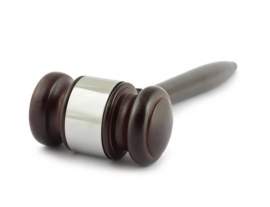
Do I Get A Rebuttal

Popular In Malpractice
Malpractice Attorney Contributory Negligence Malpractice Law Overview Statute Of Limitations Standard Of Care Medical Malpractice Defense Good Samaritan Acts Fraudulent Concealment Of Evidence Punitive Damages Proving Negligence Medical Malpractice Overview Express Implied Contracts From A Physician
The process of carrying out a criminal trial is intended to ensure that both parties involved in the trial have adequate opportunity to argue their case. Therefore, the prosecution has the opportunity to present evidence that helps to prove a defendant's guilt. In addition, the prosecution will provide witness testimony supporting the accusations made against the defendant, and seek to convince the jury of the defendant's guilt.
The defense will then be permitted to rebuttal the claims made by prosecution and argue its case. Rebuttals are essentials components of any criminal trial. The defense must be given the opportunity to defend the accused individual, by addressing the evidence and testimony presented by the prosecution. The prosecution can also rebuttal, following claims made by the defense.
There are some fundamental regulations that govern rebuttals. When one party initiates a rebuttal to evidence or testimony provided by the opposition, the rebuttal must directly pertain to the evidence in question. The party that is rebutting is not permitted to introduce new evidence. The argument provided must address the evidence that was presented, and only that evidence.
However, in some instances, rebuttals can permit a party to introduce a new witness. For example, if one party presents testimony that was not declared prior to the trial, than the opposing party is often permitted to introduce a new witness, in order to create an effective rebuttal. However, this witness is only permitted to rebut the claims made by the opposing party, and cannot add additional information.
NEXT: What is a Remedy?





















